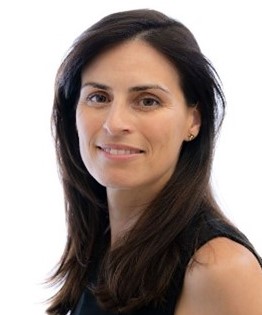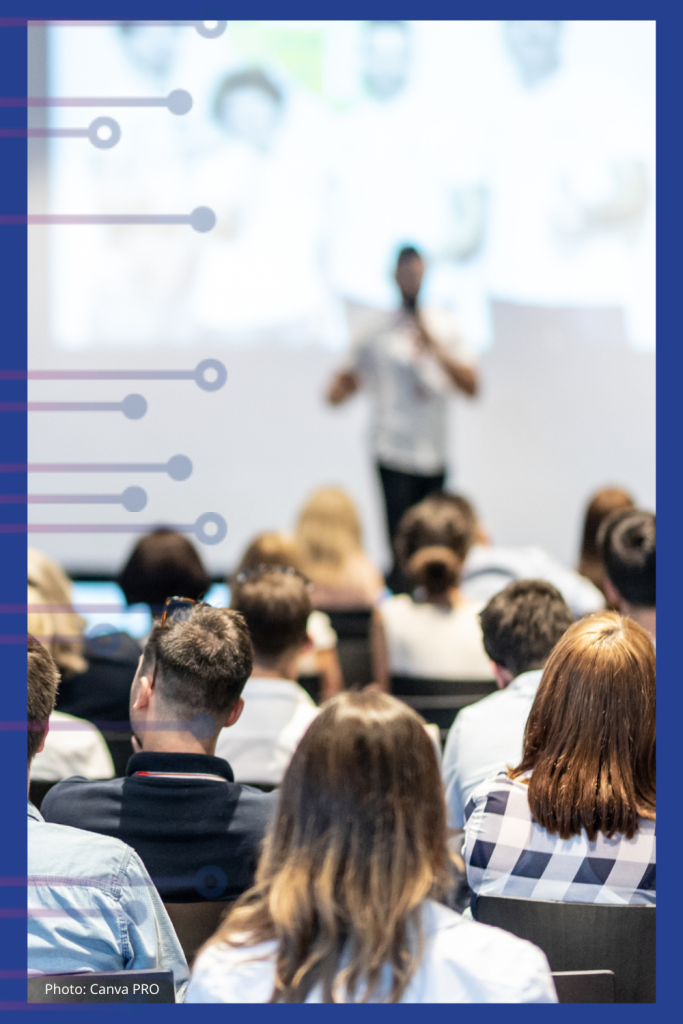Final conference
Chartering the futures of Education
AI and digital education in the EU strategy: challenges and importance of empowering teachers for a successful transition
From trustworthy AI to the AI act, from Erasmus+ projects on AI to ethical guidelines on the use AI and data for educators, from assistive AI to generative AI, the last five years have accelerated educational questioning and initiatives in Europe and the rest of the world.
Educators and students are on the front line of a digital transition that is shaking up all sectors of society, as well as relationships and learning methods. Their training and their digital skills are key to calmly tackling the controversies and new challenges that the pervasiveness of AI is imposing on education and other sectors of activity.
This introductory presentation will attempt to provide some key elements of the European approach to AI in education, to feed the discussion and to invite those involved in the AI4T project to put their results into perspective.

Alain Thillay joined the European Commission in October 2021 as a Seconded National Expert in the Digital Education Unit (DG-EAC). Within the framework of the Digital Education Action Plan 2021-2027, he contributes more particularly on actions dedicated to “AI and data in education” and “Digital Education Content”.
Between 2011 and 2021 at the French Ministry of Education’s Digital Education Directorate, he was head of the “Digital Innovation and Applied Research” office and head of the Department for the Development and Dissemination of Digital Resources. He was in charge – among other subjects – of the “artificial intelligence innovation partnership” and for several actions for a reasoned use of AI and educational digital resources. He has a doctorate in history and worked as a history and geography teacher in secondary and higher education since 1987.

Romina Cachia is a scientific officer at the Joint Research Centre. She currently leads the Digital Education and Skills team in the Digital Economy Unit. Her research is focused on technology innovation and digital transformation of education. She has worked for the Joint Research Centre for over 10 years.
Romina is also a senior visiting lecturer at the University of Malta, where she teaches on new media technologies and is a member of the Laboratory of Personal Networks and Communities at the University of Seville. She holds a PhD in Social Psychology from the University of Seville (Spain), an MA in Digital Media from the University of Sussex (UK) and a BA in Media and Knowledge Sciences from the University of Malta.
We are excited to introduce our distinguished keynote speakers for the conference, ‘Empowering Teachers in the Age of AI and Chartering the Futures of Education.’ These thought leaders and experts in the field of education and artificial intelligence will inspire and enlighten attendees with their insights into the transformative power of AI in education. Join us as they share their vision and expertise on reshaping the future of teaching and learning in the age of AI. Their invaluable contributions promise to ignite dynamic conversations and provide a roadmap for empowering educators and shaping the educational landscape for generations to come.


